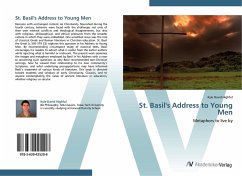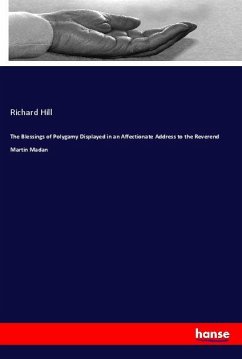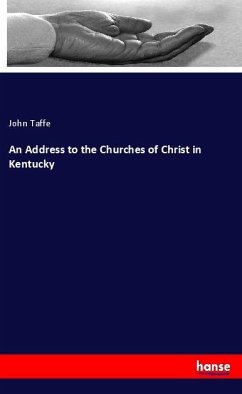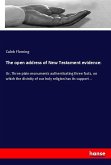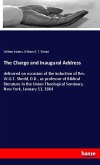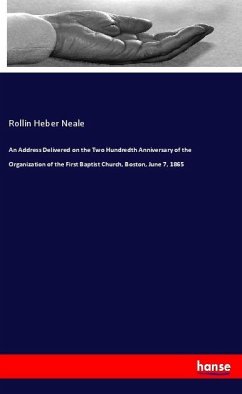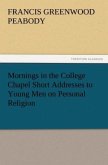Revision with unchanged content. As Christianity flourished during the fourth century, believers were faced with the challenges not only of their own internal conflicts and theological dis agreements, but also with religious, philosophical, and ethical pressures from the broader culture in which they were embedded. One unsettled issue was the role of classical Greek and Roman literature in Christian education. St. Basil the Great (c.330-379 CE) explores this question in his Address to Young Men. By recommending circumspect study of classical texts, Basil encourages his readers to extract what is useful from the earlier authors while rejecting what is harmful or irrelevant. The present work examines the images and metaphors employed by Basil in his Address with a view to answering such questions as why Basil recommended non-Christian writings, how he viewed their relationship to his own community s Scriptures, and what underlying presuppositions may have informed Basil s treatmentof various kinds of literature. This book is directed toward students and scholars of early Christianity, Classics, and to anyone contemplating the value of ancient literature in education, whether religious or secular.
